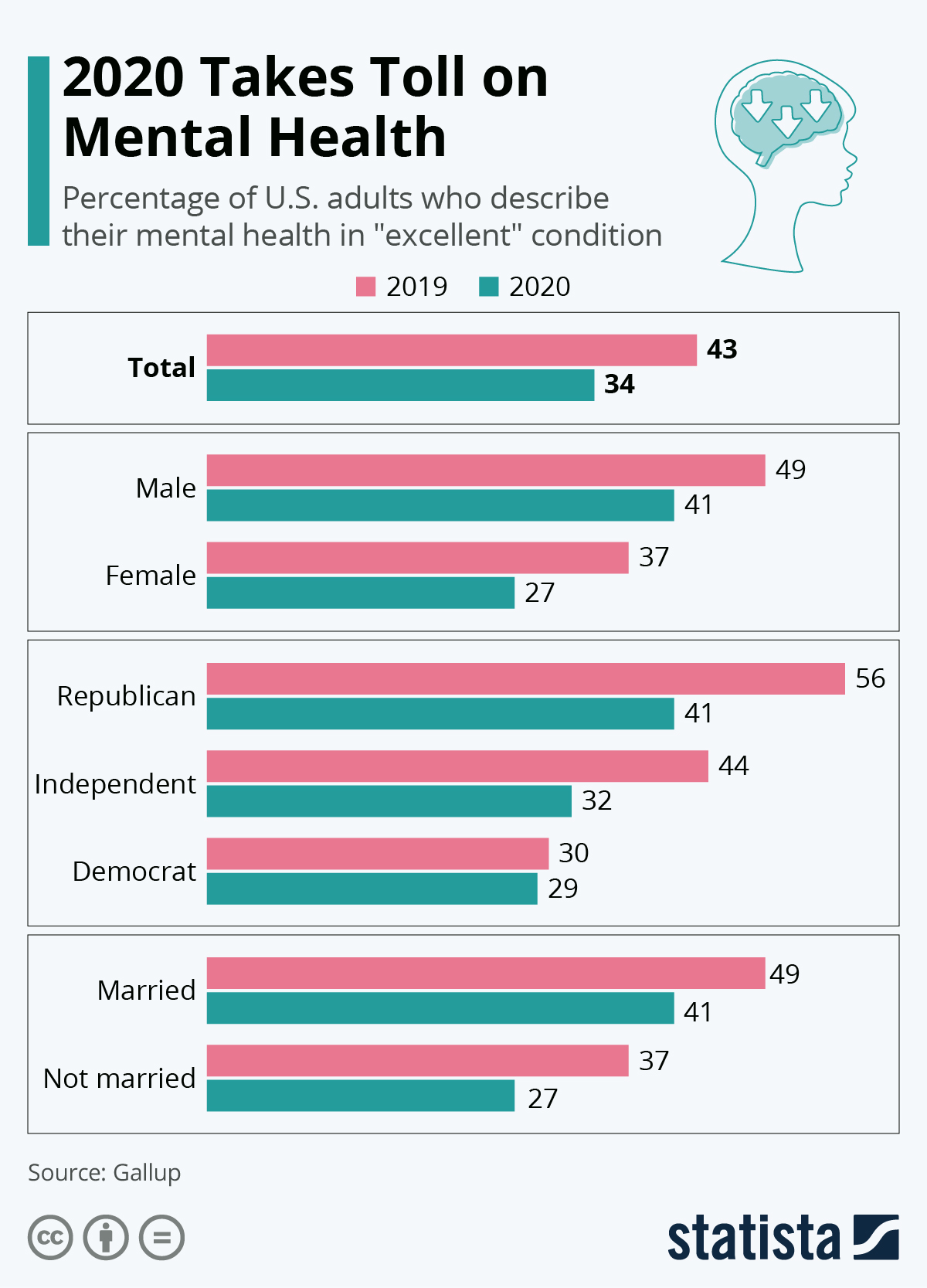
The jubilant cries echoed through the serene river valley. A cacophony of shouts and cheers bounced off the water and the surrounding foliage. It was a scene almost antithetical to the typically quiet and contemplative pursuit of mountain trout with a fly rod. Anglers are generally expected to be mindful and cautious, aware that loud noises can spook the very fish they are trying to catch. Yet, in that moment, decorum was abandoned. The group was being boisterously loud, and, remarkably, no one seemed to mind.
The source of the commotion was a magnificent trout, recently landed by the author’s brother. It was the largest he had ever caught, a personal best that sparked an eruption of celebration. The joy was infectious, spreading through the group like wildfire. Seven adults, some of whom had only met hours before, were caught up in the moment. They danced on the riverbank, exchanging hugs, high-fives, and beaming smiles. The exuberance was so potent that it likely disturbed the peace of the very river they were standing in, potentially scattering the schools of rainbow trout that inhabited its waters.
The author describes the moment as a revelation, a reminder of the profound importance of human connection. After two years of pandemic-related isolation and social distancing, the shared elation felt particularly potent. It underscored the fundamental human need for interaction and camaraderie, even with strangers. The trip was a boost for mental health.
The scientific community has long recognized the intricate relationship between social connection and overall well-being. Research predating the pandemic consistently highlighted the detrimental effects of social isolation. A study conducted by researchers at the University of Michigan and the University of Texas, for example, concluded that social isolation could contribute to increased mortality rates. Conversely, a substantial body of research emphasizes the positive correlation between spending time in natural outdoor environments and improved mental and physical health. Studies have shown that exposure to nature can reduce stress, lower blood pressure, and enhance mood.
Given the established scientific understanding of these factors, the author’s rejuvenated state after witnessing the communal celebration on the banks of the Blue River in Summit County, Colorado, should not have come as a surprise. However, prolonged periods of isolation can diminish one’s awareness of the benefits of social interaction and outdoor experiences. The impact of rediscovering those connections can be profoundly moving.
For the author, travel has always been intrinsically linked to human connection. Vacations purely for leisure have been rare; instead, travel has primarily served as a means to connect with friends and family. The travel restrictions imposed in 2020 severed those vital connections, limiting opportunities to see loved ones. As an endurance athlete living in a multi-generational household, the author also felt a heightened sense of responsibility, making air travel a less appealing option. Like many others, the author experienced a significant contraction of their world during the pandemic.
Therefore, when a friend named Hunter proposed a trip to celebrate his 30th birthday, the invitation was met with a mixture of excitement and trepidation. The plan was straightforward: rent a house in Summit County, Colorado, and gather approximately ten friends from across the country for a weekend of shared activities, including eating, drinking, running, hiking, and fly fishing. The trip was planned to be a boost for mental health.
As the departure date approached, the initial excitement began to give way to anxiety. Just days before the flight, a court ruling overturned the federal mask mandate for transportation. The prospect of being confined to an airplane with unmasked passengers and then sharing a house with unfamiliar, also unmasked, individuals triggered considerable apprehension. Beyond the health concerns, there was also the social anxiety associated with meeting a group of new people after an extended period of social isolation.
However, as the author boarded a Southwest flight from Burbank to Denver on a Thursday afternoon, a wave of anticipation washed over them. While a degree of nervousness lingered regarding the maskless passengers, the prospect of reconnecting with friends and forging new bonds ultimately prevailed. Less than half a day later, standing by the river and witnessing the success of their brother, Hunter, and the new acquaintances as they pulled trout after trout from the water, the author was reminded of the fundamental purpose of travel: to nurture relationships with loved ones and create lasting memories.
The experience of connecting with others in the outdoors served as a welcome, albeit temporary, antidote to the anxieties that had been exacerbated by the pandemic. The shared joy, the laughter, and the sense of belonging were a powerful reminder of the importance of human connection for mental well-being.
The trip highlighted the importance of overcoming anxieties to experience the joy of connection. The flight, initially a source of stress, became a conduit to a rejuvenating experience. Meeting new people, a source of social anxiety, led to the formation of new friendships. The trip was a significant boost for mental health.
The article emphasizes the restorative power of travel, particularly when it involves connecting with others in natural settings. It serves as a reminder that human interaction and exposure to nature are essential components of a healthy and fulfilling life, especially in the aftermath of prolonged periods of isolation. This first trip with strangers was a boost for mental health.
The author’s experience offers a valuable lesson for anyone who has felt hesitant to travel or reconnect with others after the pandemic. While anxieties are understandable, the potential rewards of overcoming those anxieties and embracing new experiences can be immense. The trip described was not just a vacation; it was a reaffirmation of the human need for connection and a testament to the healing power of nature and friendship.


